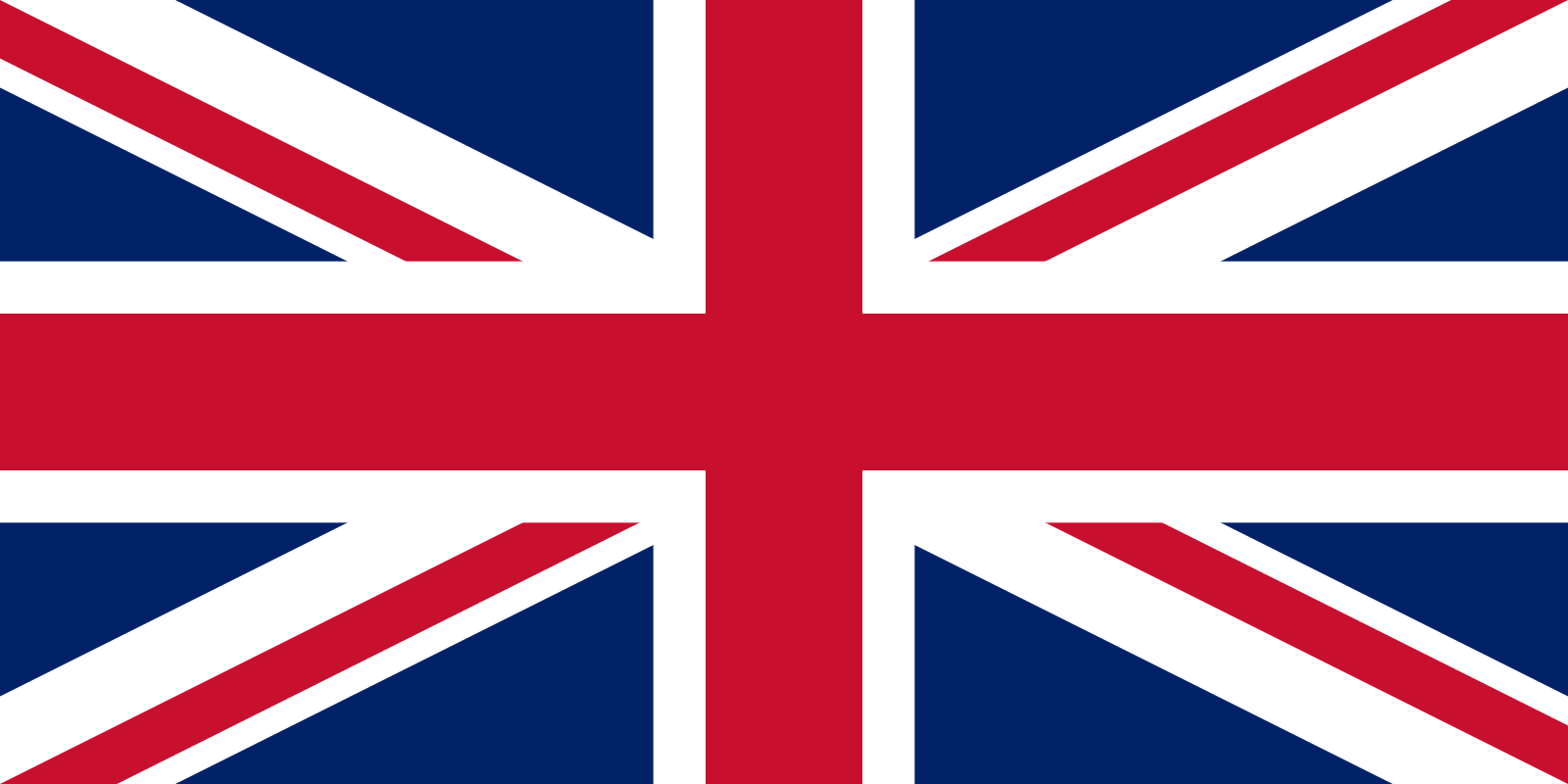Economy
UK 🇬🇧 Debt Hits 100% Of GDP, Adding To Rachel Reeves’Headache

|
Getting your Trinity Audio player ready...
|
UK debt hits 100% of GDP, adding to Rachel Reeves’ headache
By Andy Bruce
LONDON: British government debt hit 100% of economic output for the first time in recent history and there was another large budget deficit last month, adding to the problems for finance minister Rachel Reeves as she readies her tax and spending plans.
Public sector net debt, excluding public sector-owned banks, rose to 100% of GDP for the first time since monthly records began in 1993, up from 99.3% in July, the Office for National Statistics said on Friday.
Bank of England records show debt was last running at this level on a regular basis in the early 1960s, when Britain was still dealing with the financial repercussions of World War Two.
Government debt soared during the global financial crisis and then again during the COVID-19 pandemic. Weak economic growth since then has also contributed to the increase as a share of gross domestic product.
The government borrowed 13.734 billion pounds ($18.29 billion) in August, 3.3 billion pounds more than in August last year. A Reuters poll had pointed to a deficit of 12.4 billion pounds.
The figures showed a rise in spending on social benefits and current expenditure, reflecting higher than usual inflation.
Reeves has warned taxes will go up in her Oct. 30 budget but she has ruled out increases in rates of income, corporation and value-added taxes, leaving scant room for manoeuvre to improve public services and boost investment.
“The August public finances figures highlight the challenging fiscal position facing the Chancellor ahead of her first budget,” said PwC economist Gora Suri.
So far the government has borrowed 64.1 billion pounds over the first five months of the 2024/25 financial year – about 6 billion pounds more than the Office for Budget Responsibility’s forecast that it published in March.
The deficit figures have come in higher than the OBR expected for each of the last four months.
Several hundreds of billions of pounds worth of government debt is owned by the Bank of England. Excluding the BoE, debt as a share of the economy rose to 92%, another record, from 91.6% in July.








